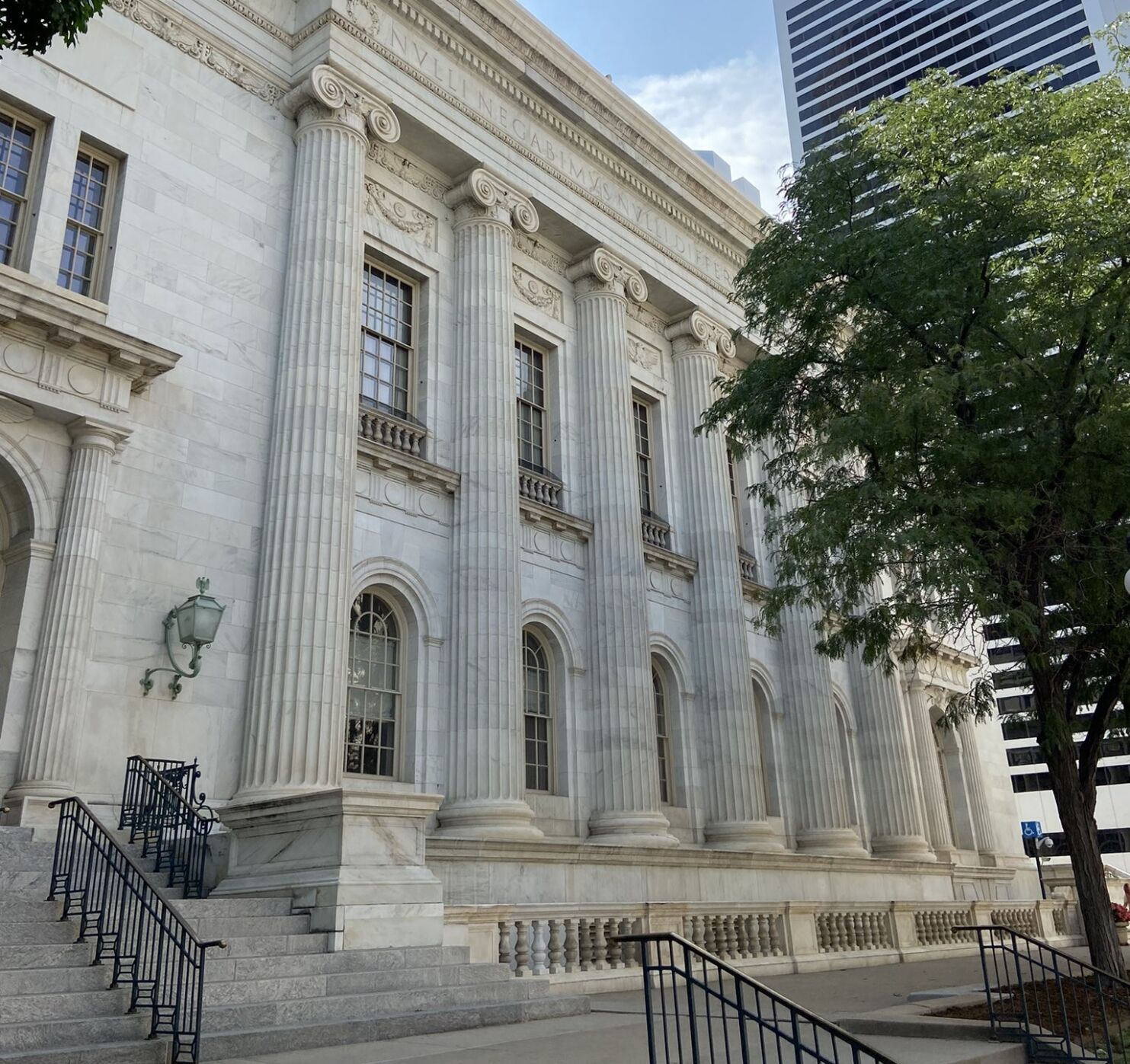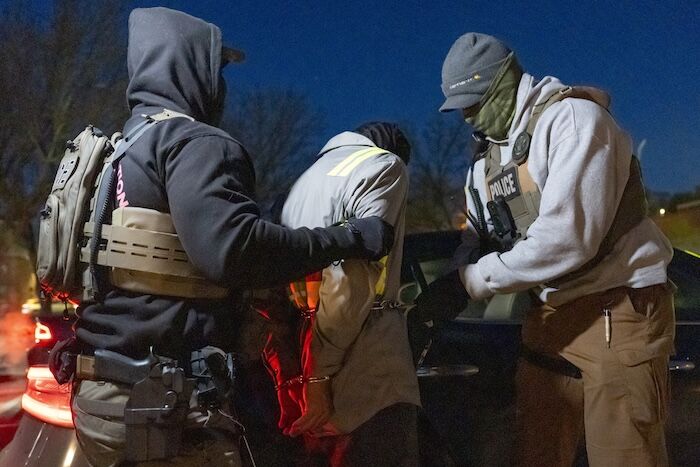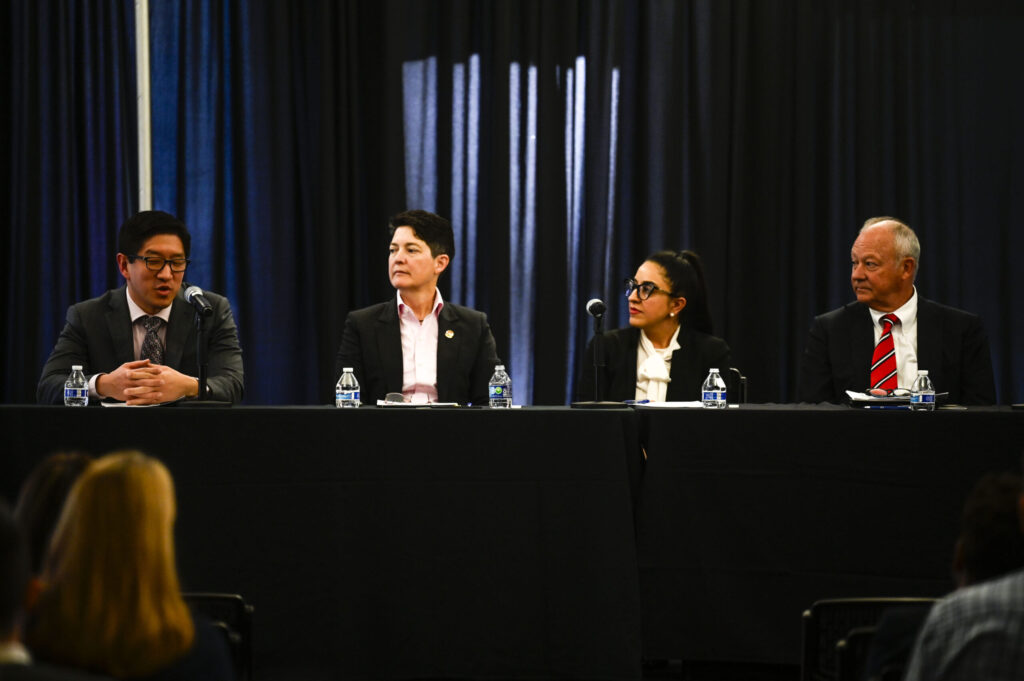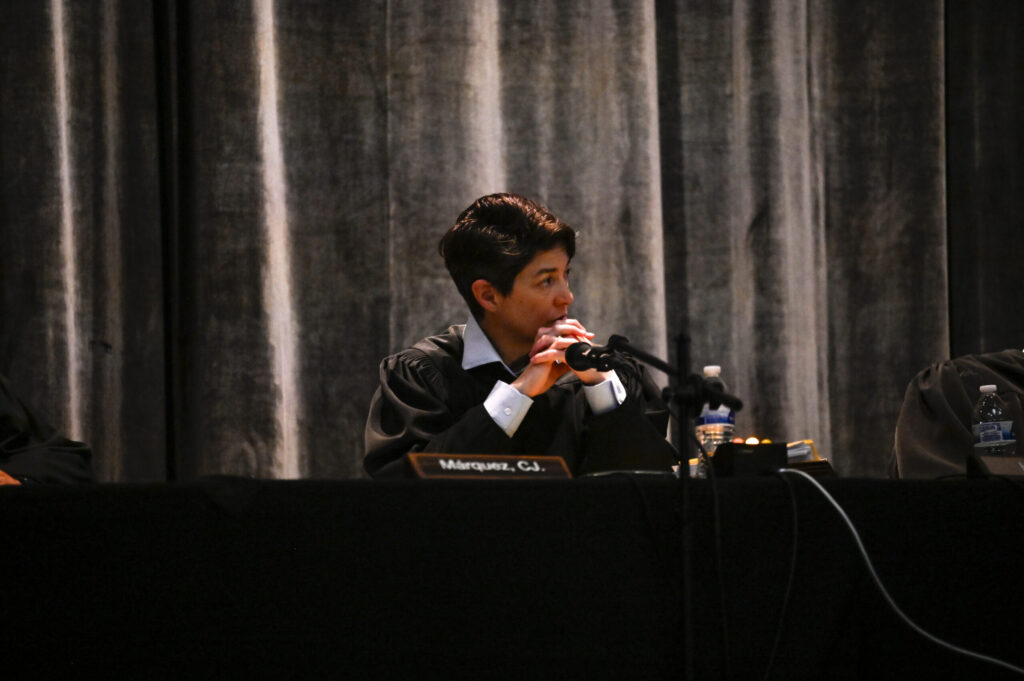10th Circuit gives green light to Malian man’s deportation, despite fear family will kill him

The federal appeals court based in Denver paved the way last month for a Mali citizen living in Colorado to be deported, despite his insistence that his family will likely kill him for his departures from strict Islamic tradition.
“A.B.,” who requested anonymity from the U.S. Court of Appeals for the 10th Circuit, argued that during his time in the United States, he got tattoos, married outside his “tribe” and converted from Islam to Christianity. All of those developments, according to A.B., were grounds for his fundamentalist family to torture him upon his return to Mali.
An immigration judge found A.B. to be credible, that he experienced physical abuse from his family as a child, and that family violence resembling torture exists in Mali. But she ultimately ordered him deported, and a three-judge panel for the 10th Circuit upheld that decision.
“A.B. simply points to certain evidence favorable to his claim that his family is likely to harm him,” wrote Judge Scott M. Matheson Jr. in a July 13 order. The evidence, however, “failed to demonstrate a clear probability of persecution or torture by his family in Mali.”
Case: A.B. v. Garland
Decided: July 13, 2023
Jurisdiction: Board of Immigration Appeals
Ruling: 3-0
Judges: Scott M. Matheson Jr. (author)
Timothy M. Tymkovich
Allison H. Eid
A.B. arrived in the country in 2013 on a student visa and began studying in Colorado. He eventually pleaded guilty to an Internet sex crime against a child and the government initiated deportation proceedings after he lost his visa status.
In attempting to remain in the U.S., A.B. argued his criminal conviction and his conduct while away from home, including getting tattoos and converting to Christianity, would endanger his life if he returned to Mali.
A.B. elaborated that he comes from a prominent family that adheres to conservative “sharia law.” Male members of his family whipped him as a child for punishment, he said. He believed his family would “skin the tattoos” off his body or kill him upon his return, and that, given his family’s connections to the government, no one would likely intervene.
Immigration Judge Nina M. Carbone heard from A.B. and deemed him credible. An expert on West Africa also testified about family violence there. A.B.’s aunt in Colorado further stated there was a “very real chance” A.B.’s family would kill him “for bringing dishonor on his family.”
Nonetheless, Carbone ordered A.B. deported to Mali.
A.B. “has not been threatened either directly from any family member of his family or indirectly through his aunt and uncle who live in the United States,” she wrote, while acknowledging A.B. had not actually spoken with his Malian family since his immigration detention.
A member of the Board of Immigration Appeals upheld that decision in 2021 and the 10th Circuit denied A.B.’s petition the following year. A.B. appealed to the U.S. Supreme Court, which returned the case to the 10th Circuit earlier this year after it issued an immigration decision affecting the analysis of A.B.’s claims.
Upon second glance, the 10th Circuit panel was unmoved by A.B.’s claims that he did not need to show an explicit threat of harm from his family. The immigration proceedings to date had taken account of A.B.’s fear of persecution, Matheson wrote, but correctly found a lack of evidence that his family is likely to torture him.
“In particular, the agency concluded that the evidence did not show his family would be motivated to harm him or would be able to find him anywhere in Mali,” Matheson wrote.
As for A.B.’s argument that “Islamist militants” and a new military government would also pose a threat to him, such evidence “did not demonstrate a change in country conditions” to justify shielding A.B. from deportation, Matheson added.
Earlier this year, the U.S. Department of Defense’s Africa Center estimated there have been 1,632 civilian fatalities since 2021 due to “militant Islamist group violence” in Mali, with a sharp rise in 2023.
The case is A.B. v. Garland.














